The Super Bowl was filled to the brim with social justice messaging despite the fact that the guy who brought politics into pro-football, Colin Kaepernick, was absent from the proceedings.
From the commercials to the displays at the game, the NFL had taken the ball from Kaepernick and ran like mad with it. As highlighted by Natalie Weiner at SBNation.com, Kaepernick wasn’t there, but he was everywhere. This includes an inaptly named “RISE exhibit,” featuring the story of race in sports, with it culminating in a kneeling Kaepernick and the formation of the Player’s Coalition:
The centerpiece is an interactive timeline called Road to Progress that traces a history of activism and milestones relating to race in sports from Fritz Pollard to Jackie Robinson to Tony Dungy. The third to last mark on the timeline shows a now-iconic picture of Colin Kaepernick on one knee in protest. “Colin Kaepernick first took a knee during the national anthem before a 2016 preseason game against the San Diego Chargers,” reads the accompanying blurb. “His act of protest to bring attention to violence against and oppression of people of color continued throughout the 2016 season.” The last entry on the timeline is the formation of the Players Coalition.
A press conference with the Player’s Coalition was also given with various NFL figures standing shoulder to shoulder in solidarity as they discussed how they can best use charity money to push against various “systematic issues” surrounding “black and brown” people:
At the Players Coalition press conference, Anquan Boldin, Malcolm Jenkins, Adalius Thomas, Torrey Smith and Demario Davis stood solemnly shoulder to shoulder onstage before they began to explain the painstaking process of identifying grantees that could best use the funds that they have donated themselves, and that the NFL and its owners have pledged to match.
“Players came together to work collaboratively, because we saw that there was a bigger impact that we can have as a collective body,” Jenkins explains, reading a carefully-worded statement that included plenty of evidence of the work the coalition has done so far, including pushing through legislation around bail reform and restoring voting rights. “We wanted to use our platforms to impact systemic issues in our local communities where black and brown people are being disenfranchised every day.”
Meanwhile, as my colleague Alex Parker discussed, CBS had rejected a patriotic ad by Nine Line which promotes the idea of respect for America, the flag it represents, and that being patriotic is nothing to be ashamed about. Still, despite Gillette’s sexist commercial airing, as well as various other pro-cause messages being thrown around during the Super Bowl, CBS decided a contrary message to the social justice theme being displayed by the NFL wasn’t going to happen.
“CBS’s purported reason for rejecting a Super Bowl commercial that extols patriotism is totally out of bounds,” said Nine Line CEO, Tyler Merritt. “Let’s call this what it is: a blatant attempt to censor a message that their politically correct executives find offensive. We urge Americans who believe it’s important to show respect for our flag and national anthem to join us in calling out this offensive bias. It’s time to give a penalty flag to CBS.”
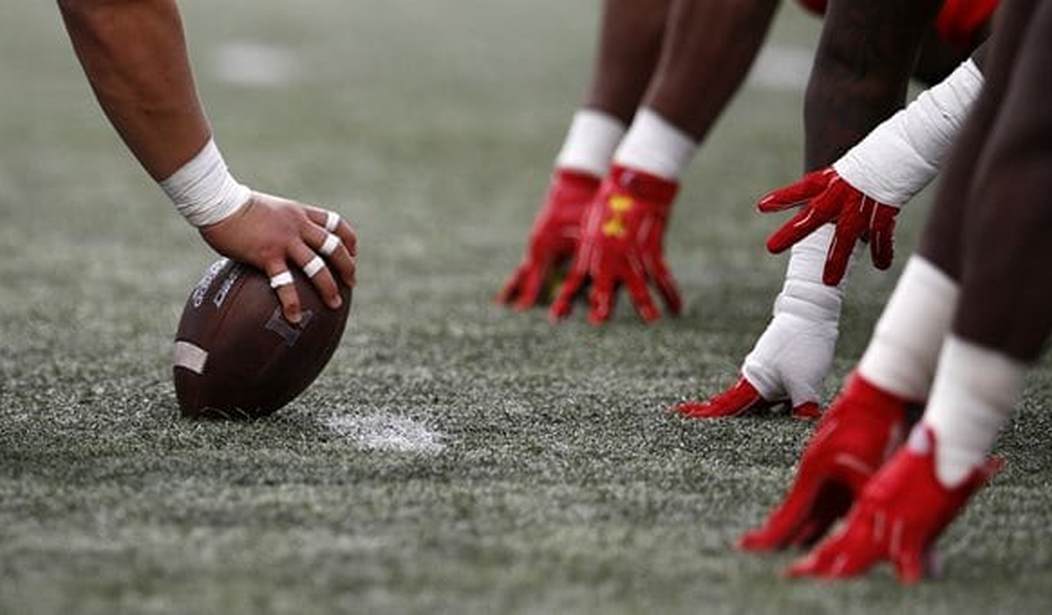



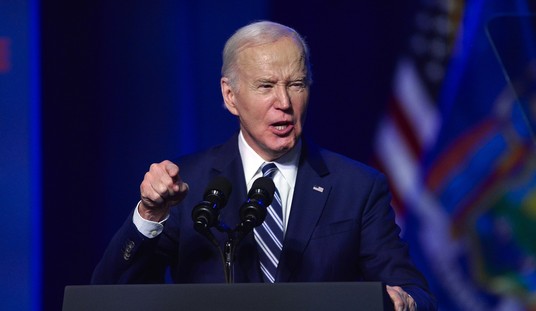
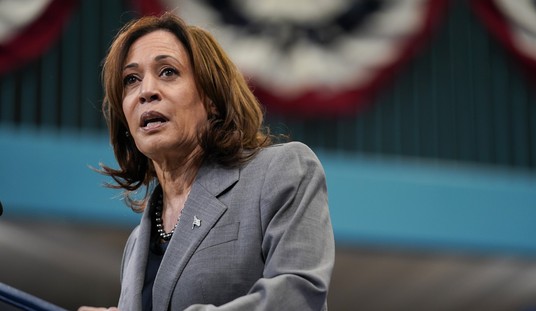
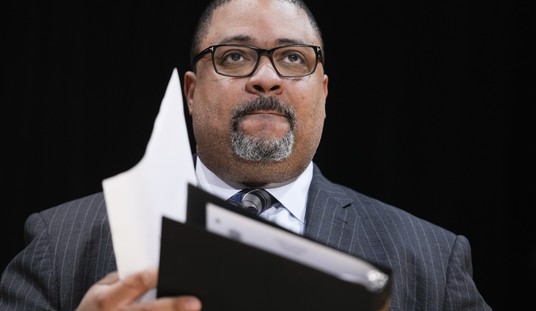
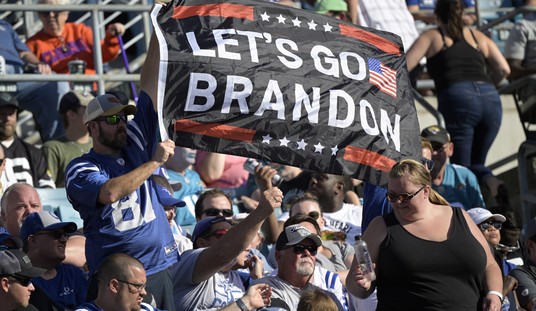


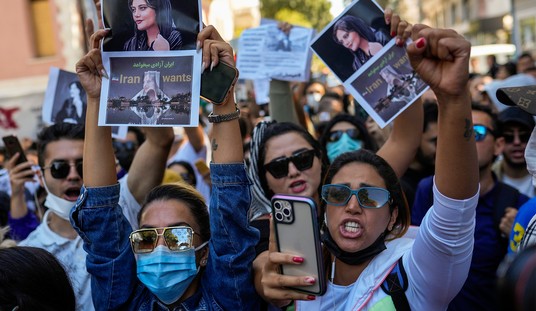

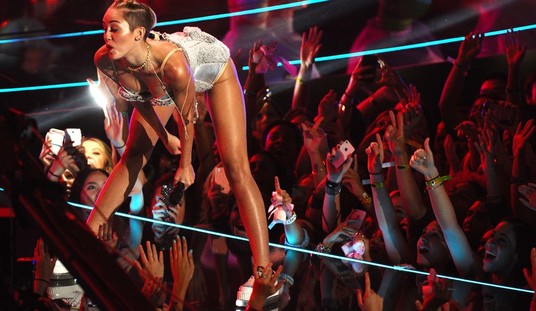

Join the conversation as a VIP Member